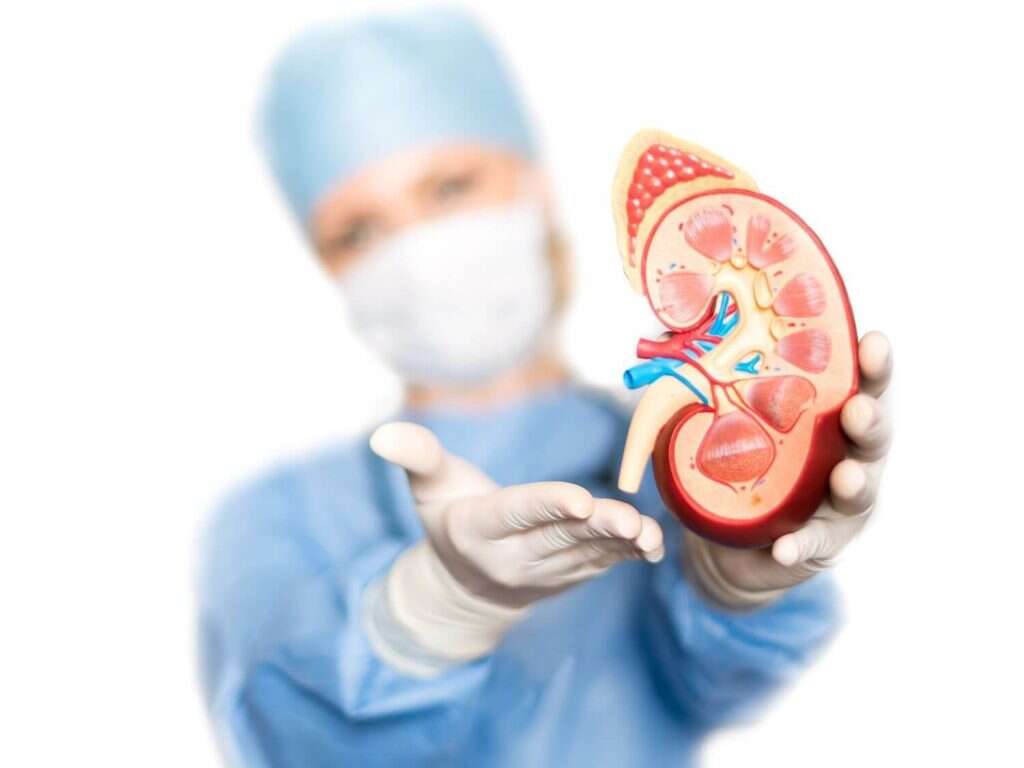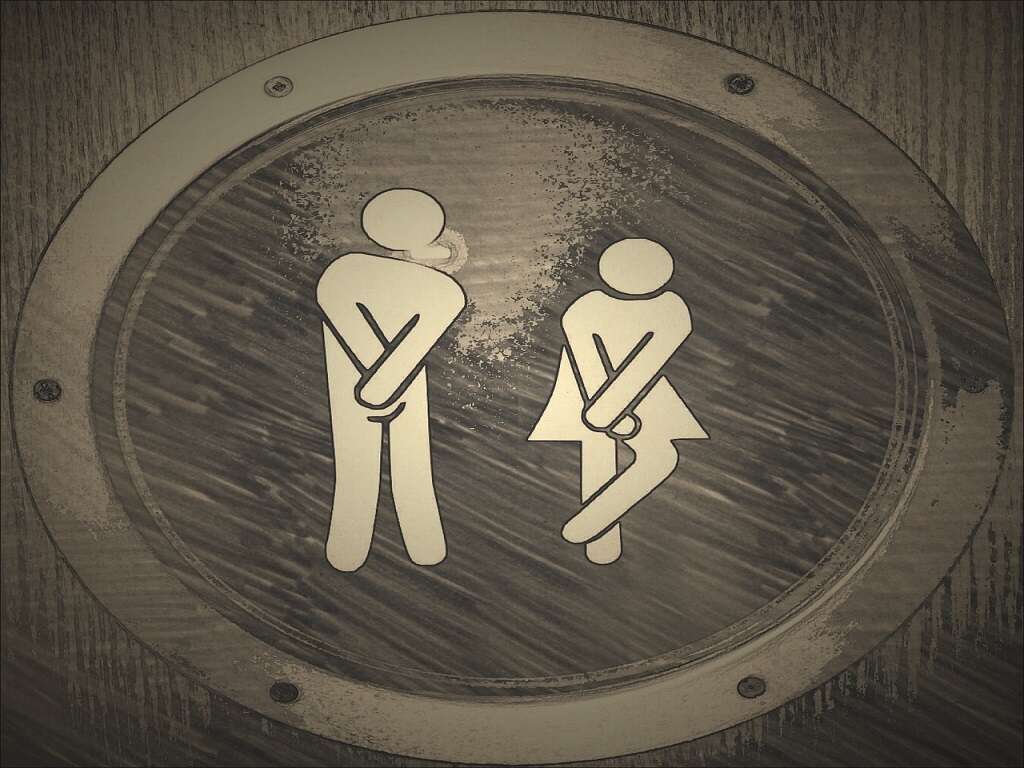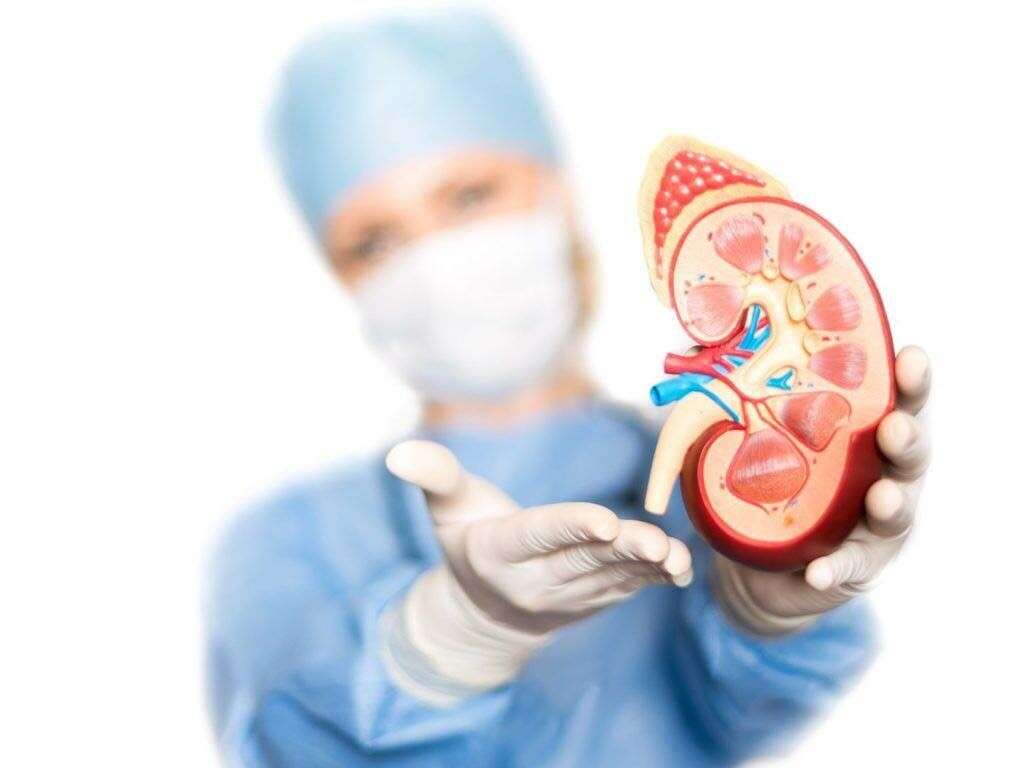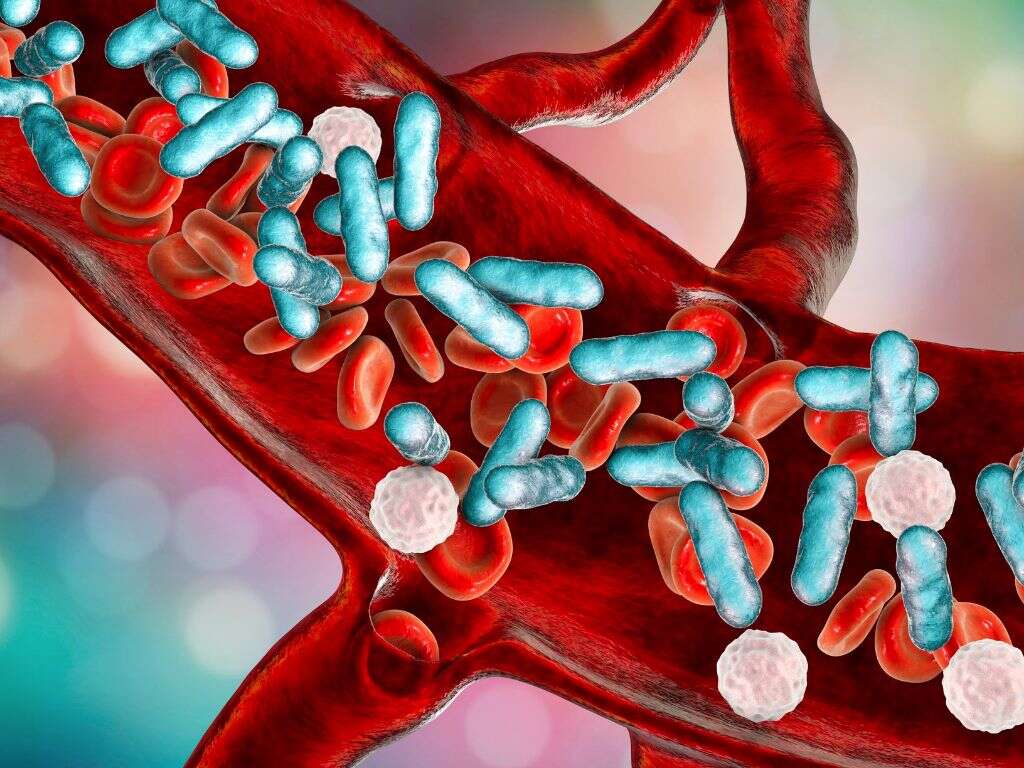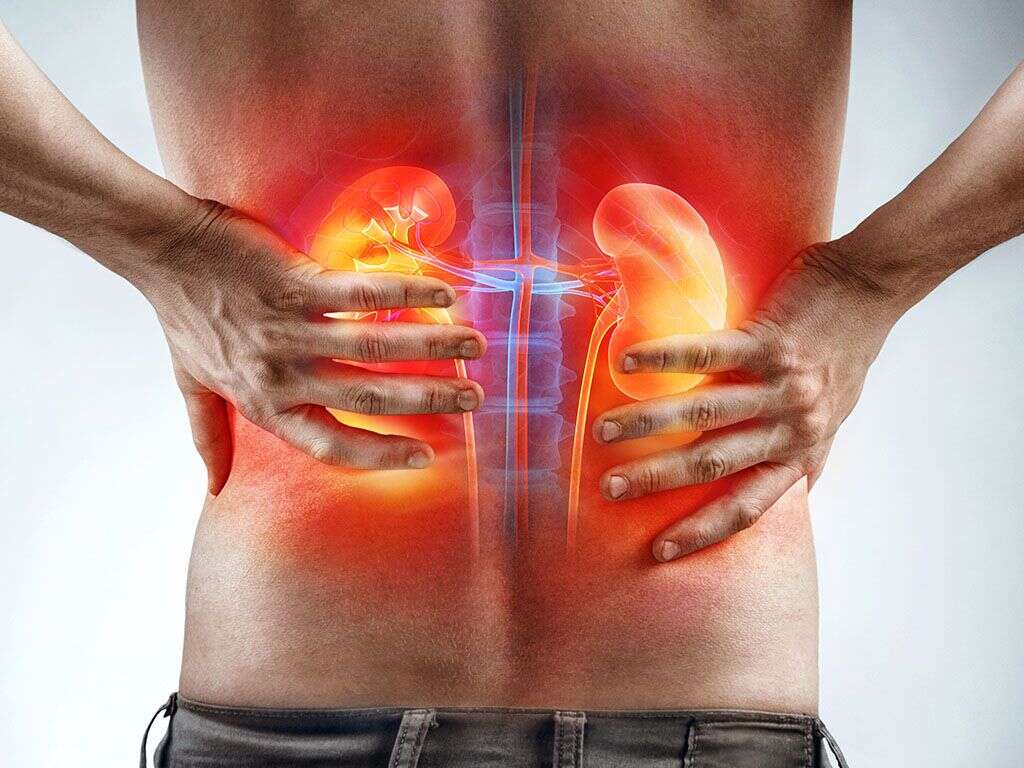10 Kidney Infection Symptoms
Kidney infection or pyelonephritis is a type of urinary tract infection that usually begins in the urethra and bladder which eventually travels up through the ureters and into one or both of the kidneys. An infection of the kidneys requires immediate medical attention as it can cause permanent organ damage, sepsis (infection spreading into your bloodstream), and lead to life-threatening complications. It is usually due to a bacterial infection such as by Escherichia coli. Some of the risk factors of kidney infection includes diabetes, history of urinary tract infections, and existing structural issues of the urinary tract.
The diagnosis of a kidney infection is usually achieved through the patient’s symptoms and urinalysis. If there is no improvement after treatment, medical imaging may be necessary. Pyelonephritis can be treated using antibiotics. Advanced cases may require hospital admission while those with established structural issues of the urinary tract may require surgery.
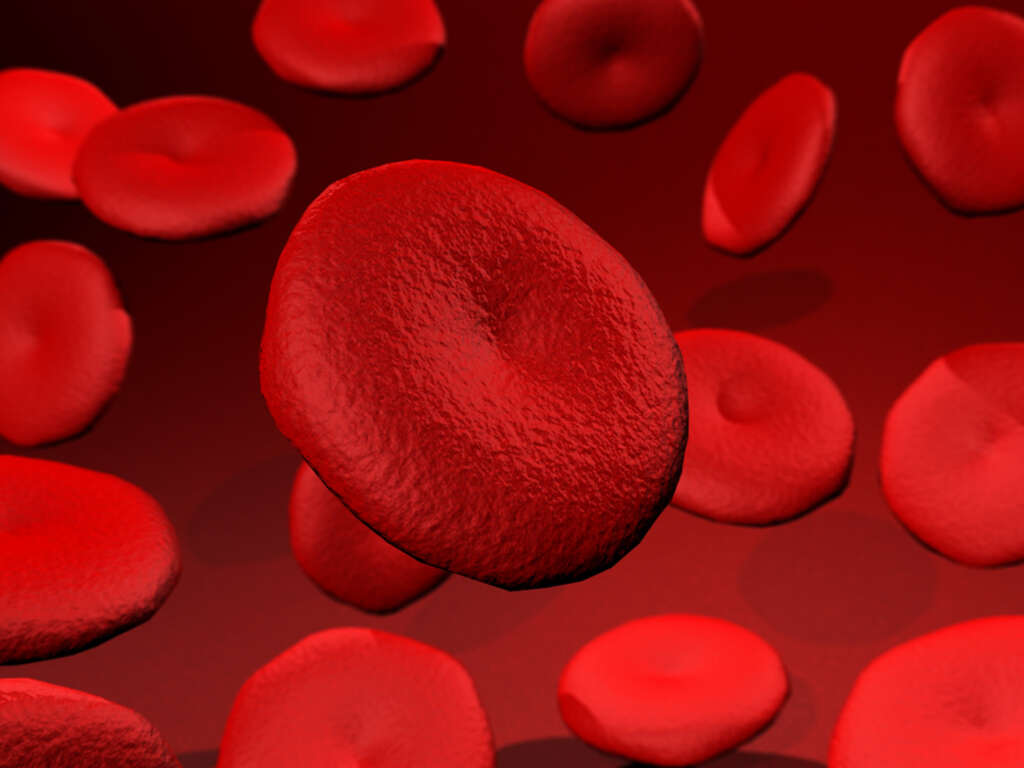
Symptom #1: Fever, Chills, and Rigor
Fever occurs when your body is trying to fight against an infection by increasing the set point of body temperature as it enhances the functions of your immune system. In a kidney infection, a fever may not always be present. However, if a fever is present, it can exceed 103⁰F or 39.4⁰C.
Chills can be described as a feeling of coldness that occur during a fever as the set point of body temperature has increased. To reach the higher temperature, shivering occurs as the repeated muscle contractions helps increase body temperature to the new set point.

Symptom #2: Pain
The pain felt during a kidney infection is usually located at the costovertebral angle which is the angle formed between the twelfth rib and vertebral column. The pain can range from mild to severe.
While bilateral discomfort might be present, it is more commonly unilaterally felt over the involved side of the affected kidney.

Symptom #3: Nausea and Vomiting
While nausea and vomiting can vary in intensity, ranging from absent to severe, it can be seen in patients with pyelonephritis. Both nausea and vomiting are non-specific symptoms that are controlled by the autonomic nervous system in the brain and is therefore involuntary.
When you are in extreme pain the nervous system is stimulated. In pyelonephritis, the pain in the affected kidney is a visceral pain that is deep, systemic, and sickening and therefore commonly causes nausea.

Symptom #4: Dysuria
Dysuria refers to the burning, stinging, tingling, or feeling of discomfort when urinating. Inflammatory disorders of the urethra and bladder are the commonest causes of dysuria; this includes pyelonephritis.
While dysuria may mean that it is a less significant infection such as a bladder or urethral infection, if you have other symptoms such as fever or tenderness at the renal angle, suspect pyelonephritis and seek medical attention as soon as possible as it can lead to significant renal damage, formation of abscess, sepsis, and kidney failure.
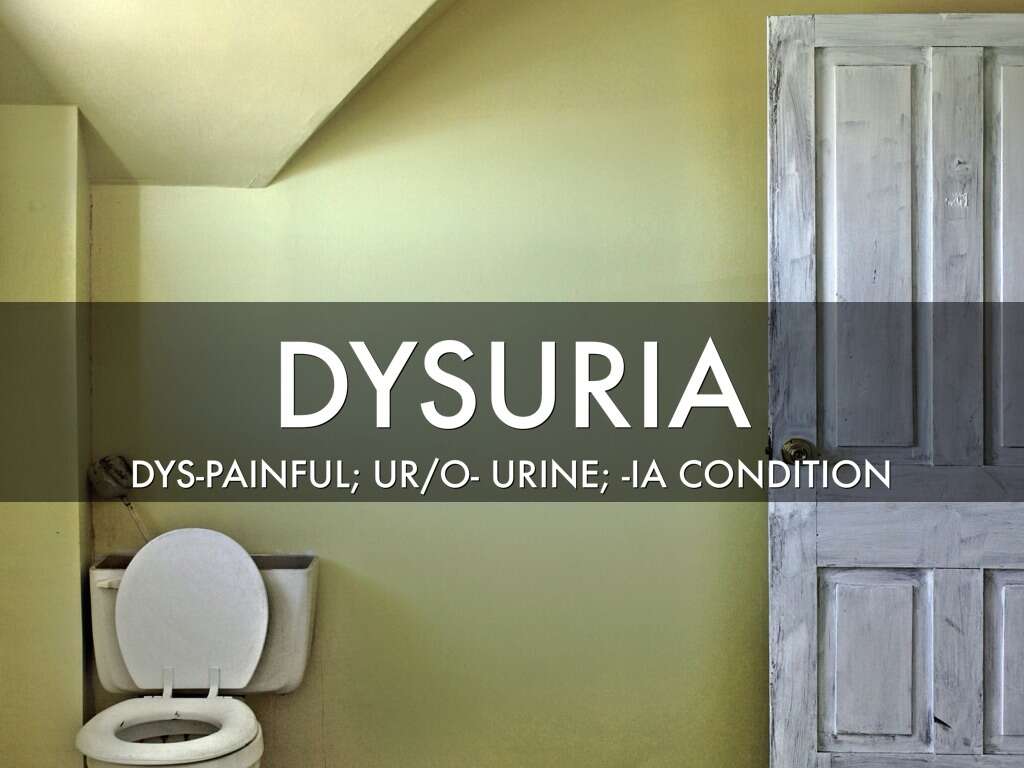
Symptom #5: Lethargy
Another non-specific symptom that can be seen in patients with pyelonephritis; lethargy, weakness, fatigue, or tiredness can affect patients to the point where they fall asleep most of the day despite having adequate sleep throughout the night. This occurs as the body is burning many calories fighting off the infection. Rest is also a great way to help boost your immune system to fight against infections.
In a kidney infection that has been there for a while, it may affect the function of the kidneys to produce erythropoietin which is a hormone that signals the bone marrow to produce more red blood cells. When there is a lowered rate of erythropoietin, there is decreased production of red blood cells which leads to a lowered function of oxygen supply. This causes the affected individual to feel tired and cold.

Symptom #6: Malaise
Malaise is a medical term that refers to a general feeling of uneasiness, pain, discomfort and is a non-specific symptom that is usually the first indication that there is an infection or disease. It can present in any ailment and can even be present when there is a trivial issue such as a vasovagal response (fainting), low blood sugar or in serious conditions such as cancer, heart attack, or stroke.
Patients often describe malaise as a feeling of uneasiness or “something is not right” without knowing the exact cause. Experts believe it to be due to the activation of the body’s immune response and release of pro-inflammatory cytokines.

Symptom #7: Anorexia
Anorexia in the context of a kidney infection refers to the general loss of appetite or interest in food. It is a non-specific symptom that can be seen in most ailments such as cancer, depression, or even the simple flu.
This symptom can be related to the fatigue and general malaise that most patients present. It is also an important sign in young children as they may have difficulty feeding and failure to thrive.

Symptom #8: Hematuria
Hematuria is a medical term that refers to traces of blood, either microscopic or gross amounts in the urine. Gross hematuria can be seen in 30 to 40% of female patients with pyelonephritis, most commonly young women. This is known as hemorrhagic cystitis.
In males, gross hematuria is rare and unusual. If it should occur, a more serious case should be considered. If you are experiencing this symptom, it is important to seek medical attention as soon as possible as it can signify a more serious condition such as bladder cancer, renal cancer, and more.

Symptom #9: Low Blood Pressure and Tachypnea
In patients with pyelonephritis, low blood pressure and tachypnea (fast and shallow breathing) can be seen in advanced cases as signs of sepsis. Tachycardia, a fast heart rate, may also occur at the same time. Sepsis can be life-threatening and is usually a result of an infection.
It occurs when the chemicals that are released into the bloodstream to fight the infection trigger an inflammatory response in the body. It causes widespread injuries to the tissues and organs. If you suspect sepsis, seek medical attention as soon as possible as it is a medical emergency and can be fatal.

Symptom #10: Acute Kidney Injury
In advanced and severe cases of pyelonephritis, Acute Kidney Injury (AKI) can develop. This causes waste to no longer be filtered leading to swelling and edema starting with the feet and lower limbs. With the accumulation of waste in the body, you may also develop bad breath that smells like ammonia.
This occurs as the level of urea in your blood rises and gets broken down to ammonia in the saliva. It also causes food to taste different (metallic taste) and affected patients will start disliking meat. Since the taste of food changes, there is also loss of interest in food and eventually loss of appetite. This also contributes to weight loss and lethargy.
